
How Connecting With Your Inner Child Can Make You A Better Artist: Ruby Wright


In this episode, Charuka Arora and Ruby Wright had a discussion about their shared passion: art. They discussed how Ruby had initially struggled to commit to a career in art and the struggles that artists can face such as being misunderstood or feeling underrepresented. They also talked about Ruby’s newfound focus and passion for art, which she was able to pursue with the support of her partner. Both agreed that despite the struggles, doing something you love is worth all the hard work.
Topics covered in this podcast
- 04:57: Conversation between Ruby Wright and Charuka Arora on Illustration, Creative Households, and Women’s Role in the Arts
- 10:22: Conversation on the Perception of Art and Artists
- 14:31: Discussion on the Validation of Artistic Expression
- 20:16: Conversation between Ruby Wright and Charuka Arora on Investing in Oneself and Taking Criticism
- 25:27: Conversation on Finding Balance in Creative Work
- 26:58: Conversation on Finding Comfort in Art and Self-Awareness
- 30:55: Conversation on the Power of Art and World Building
- 36:55: Conversation on Overcoming Creative Blocks and Finding Inspiration
- 38:15: Conversation on the Power of Artistic Expression
- 39:30: Conversation between Charu Kaarora and Ruby Wright on Keeping the Inner Child Alive
- 44:51: Conversation between Charuka Arora and Ruby Wright on the Impact of Music and Grief in Art
- 46:09: Conversation on Loss and Grief in Childhood and Adulthood
- 48:37: Balancing Personal Moods and Creative Work
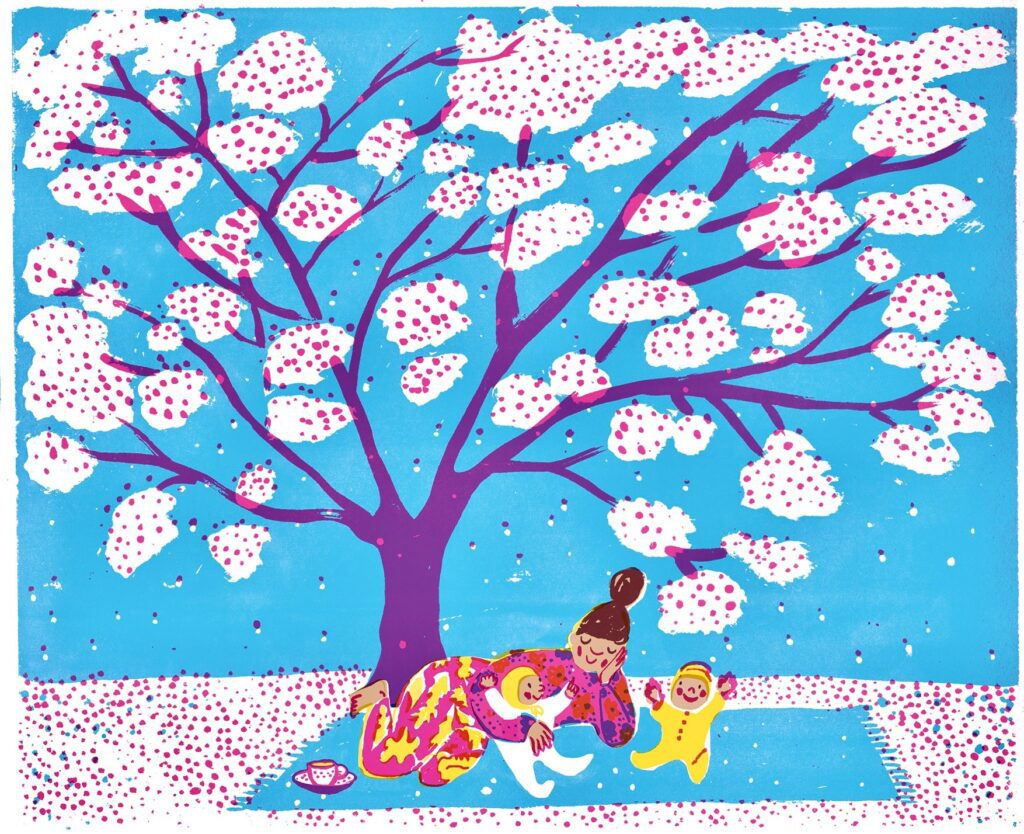
About Ruby Wright
Ruby studied sculpture, worked at the BBC, and took a foray into printmaking before embarking on a career in picture books. She tries to draw from life every day and her debut book, Animal Crackers will be published in May 2023 by Rocket Bird Books. She is represented by Jodie Hodges at United Agents.
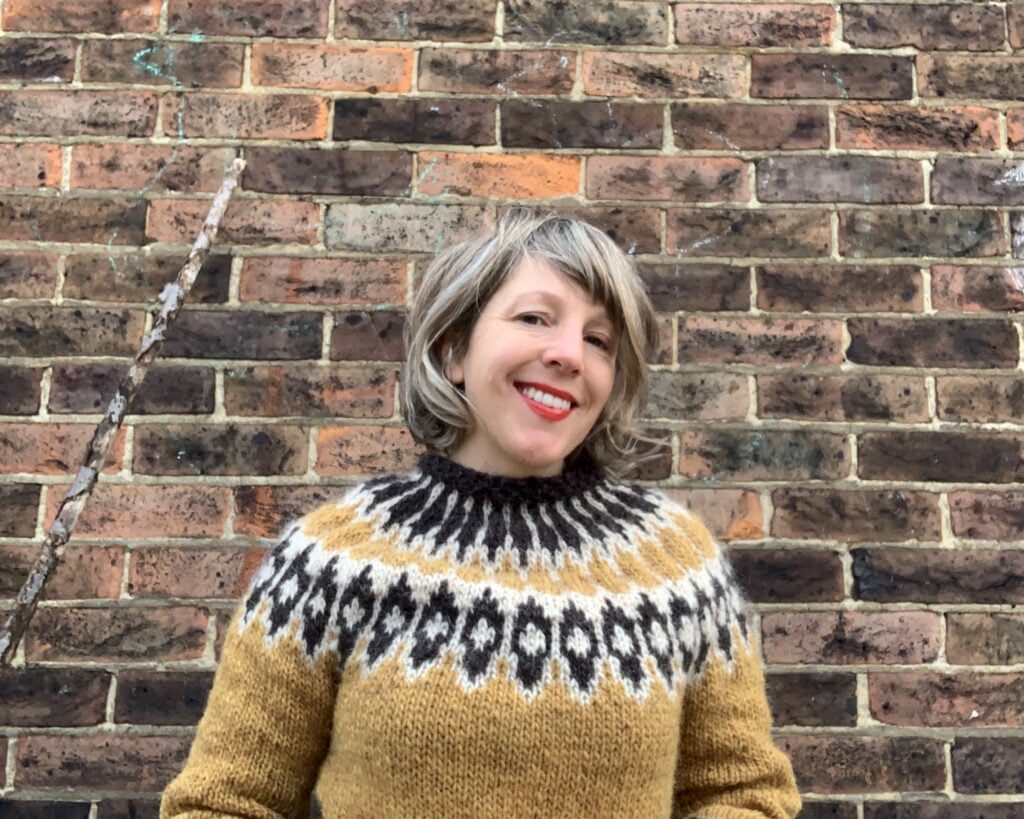
Watch & Listen to this podcast Episode
Key Highlights from the Episode
Q. Charuka: I have to ask you a question that has been on my mind ever since we scheduled this, which is, “How do you keep your inner child alive?” Everything. I think this is my ultimate problem, which is to keep my inner child, the child in me alive.
I think I was most creative when I was young. I think the potential I had at that point I just don’t think I’ve been able to act on it like that’s my ultimate goal. How creative and fearless I was. And how much I was enjoying it, even though my work isn’t so much about it. But it’s a big part of who I am because that’s how I approach you, and your work is so much about that innocence in you, protecting that child in you, and keeping that child alike. Why is it that your work also means that you need to keep that child alive within you? How are you doing that?
A. Ruby Wright: Well, it’s really nice of you to say that I do that. Ah, because if you ask me, I think if I were asked if I do that, I’d say, “Oh no, I’ve lost that, but it’s lovely to hear you say that.”
So I think being around children is helpful. And it doesn’t have to be your own children.
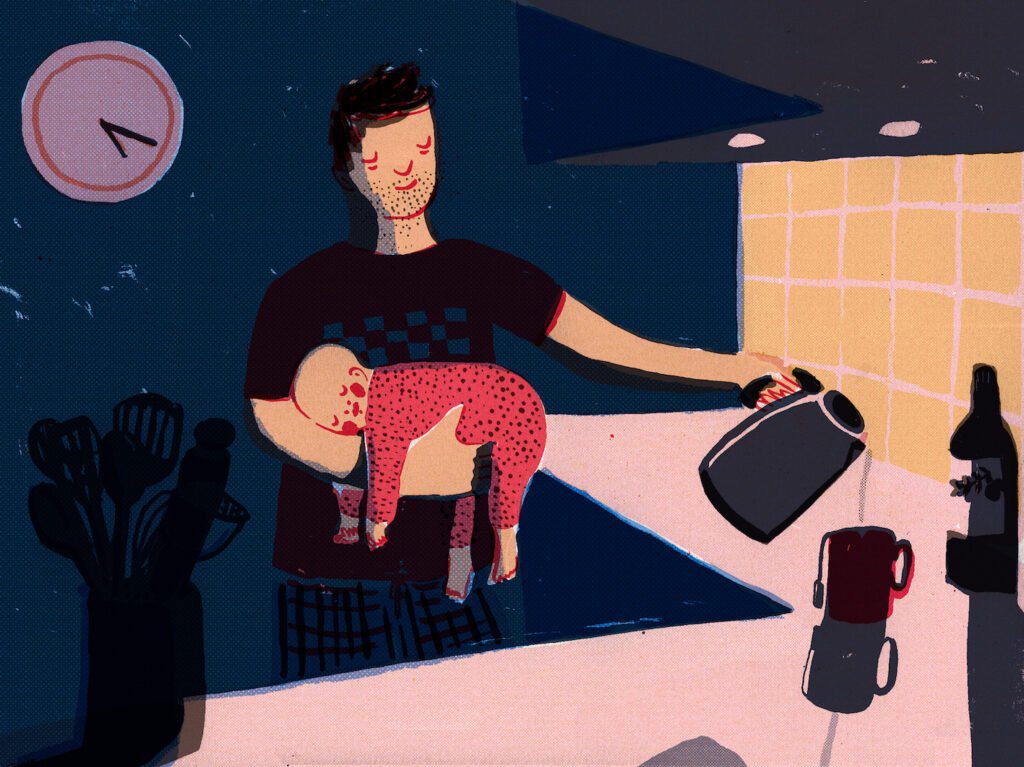
Because I was sitting in the park yesterday and just listening. It was after school, and the children were playing and listening to their make-believe games. I was trying to put myself back in that place, and funnily enough, I succeeded. Um, some of the exercises I’ve done on various courses and things You remember you know you take yourself back to that place and you remember who was your best friend and what you had in your pocket and what game was your favorite game and what food was your favorite and what Jumper and what trousers would you wear and when it was raining would you splash in the puddles. So I think, and I think therapy has helped a little bit with that as well. You know, thinking of yourself.
That child is still inside because they are there. I think it’s just a matter of how we access them. and you know what I do? I dream a lot. I have very vivid dreams, and I think that some of those childhood feelings come back in those dreams.
So maybe I just listen to it. I Just listen to it. It’s loud in me, and I’m not sure if that’s a good thing. Maybe it’s a sign of immaturity.
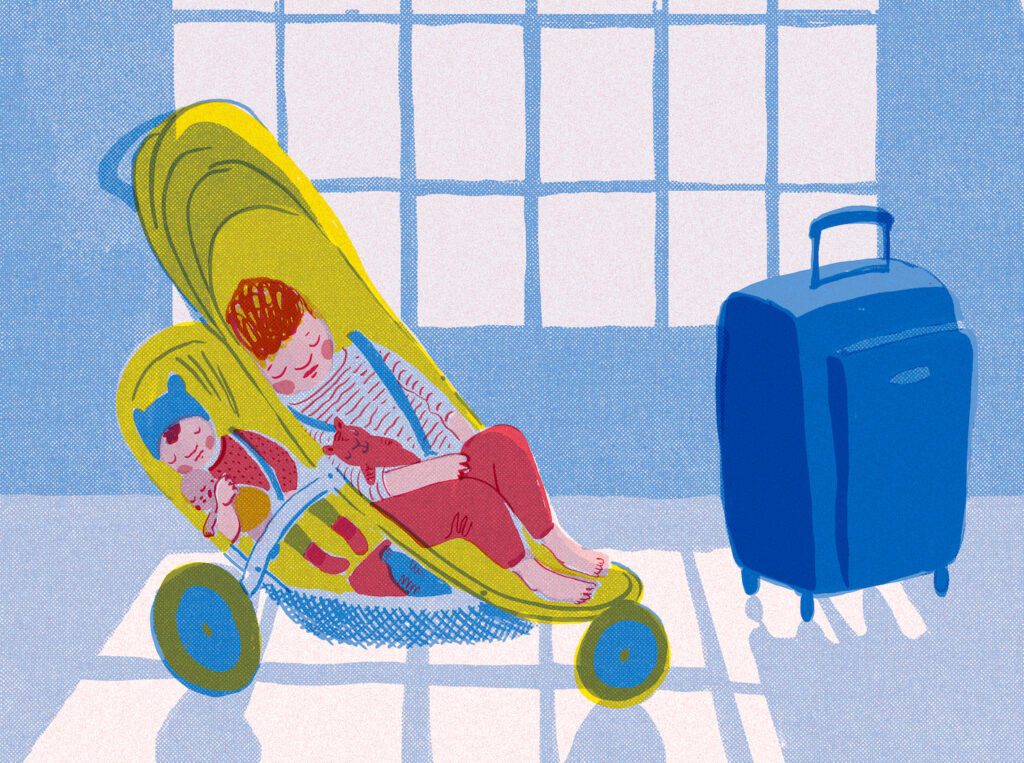
Q. Charuka: Okay, tell me something. This is very personal to me. Um, I’m sure you have had a beautiful life so far. But I’m sure there were moments of grief, moments of loss, and moments of pain. How does that come into your work? Do you use it as an extension, as an escape, or for anything else you want to share? I really want to know how that works for you.
A. Ruby Wright: Yeah, I mean, probably not consciously. Although I think probably the biggest loss for me as a child was my parents, splitting up, I think as a child when you’re young You know a situation happens that you’re not in control of, and it’s very frightening and makes you angry, so there’s that.
But now I think I’m capable of trying to look after the child that I was then through the work that I do now. I have a lot of sympathy and understanding for children who are going through difficulty is perhaps helpful, and even for children who are not having great traumas, you know, little children lose their tempers and they’re out of control, and it’s frightening for them. All the time.
That’s what a tantrum is, right? So, um, being able to be the understanding adult to those little children feels quite important to me, I think.
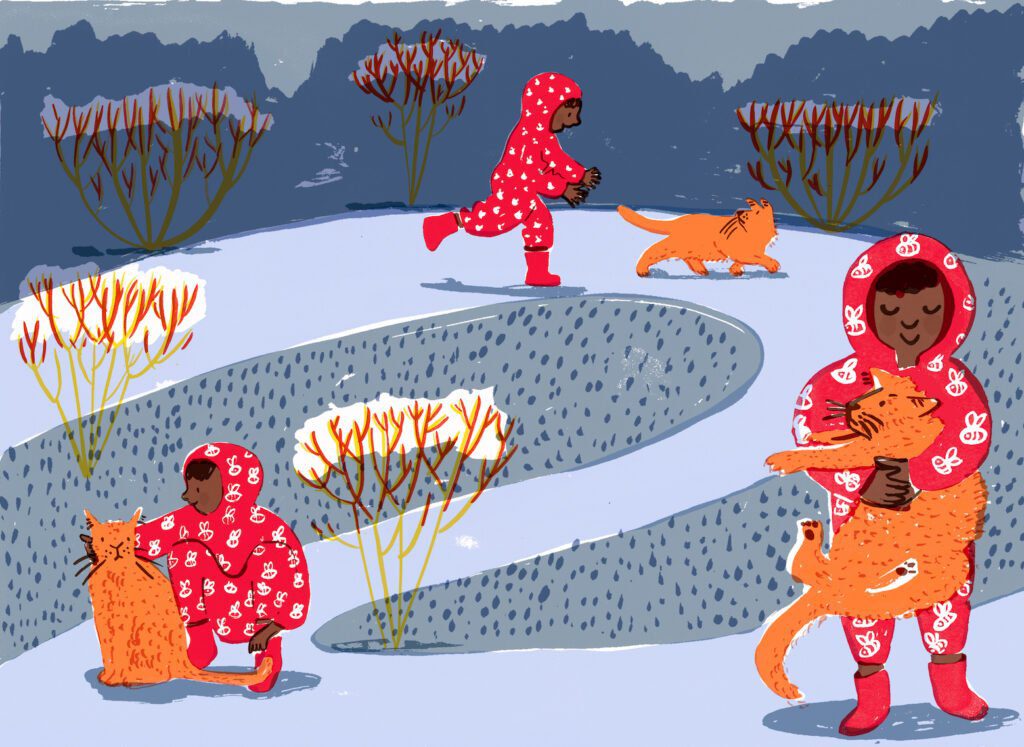
Q. Charuka: How do you make sure that that your personal mood as you know, personal mood swings and things like that don’t go into your work? And if they do then what do you think about that?
A. Ruby Wright: I think that’s a really interesting question, at least in an ideal world. You’d be able to make the work that is about the dark stuff and have that just for you as your own sort of therapy. And then I think the thing about Illustration or making picture books is such a long and slow process that it goes through so many steps that you know you have to do initial sketches, initial drawings, color drawings, and then final artwork.
So I imagine that in all those stages all the way through, there are days where I’ve been low and that image might not work, but I’ll come back to it again, and you know everything sort of goes in the direction of being more positive. Well, if you’re writing a positive book, It kind of becomes more positive, so it hasn’t really been an issue, and I also think I’m not a very negative person.
But, I can’t meditate. I’m very bad at being in the moment generally, and I’d say I’m quite an anxious person.
but when I’m drawing, I go into a very calm zone. So actually, drawing is therapy for me; it lifts me, and I also think it changes my mood.
It changes my mood all the time like I can be unbelievably happy; I’m not manic-depressive or anything, but just throughout the day, you know, you can, and it’s probably to do with having eaten enough lunch and having an hour left before I’ve got to leave, and I’m in a bit of a panic, and you know, we are so at the mercy of our emotions, but I suppose hopefully it evens itself out.
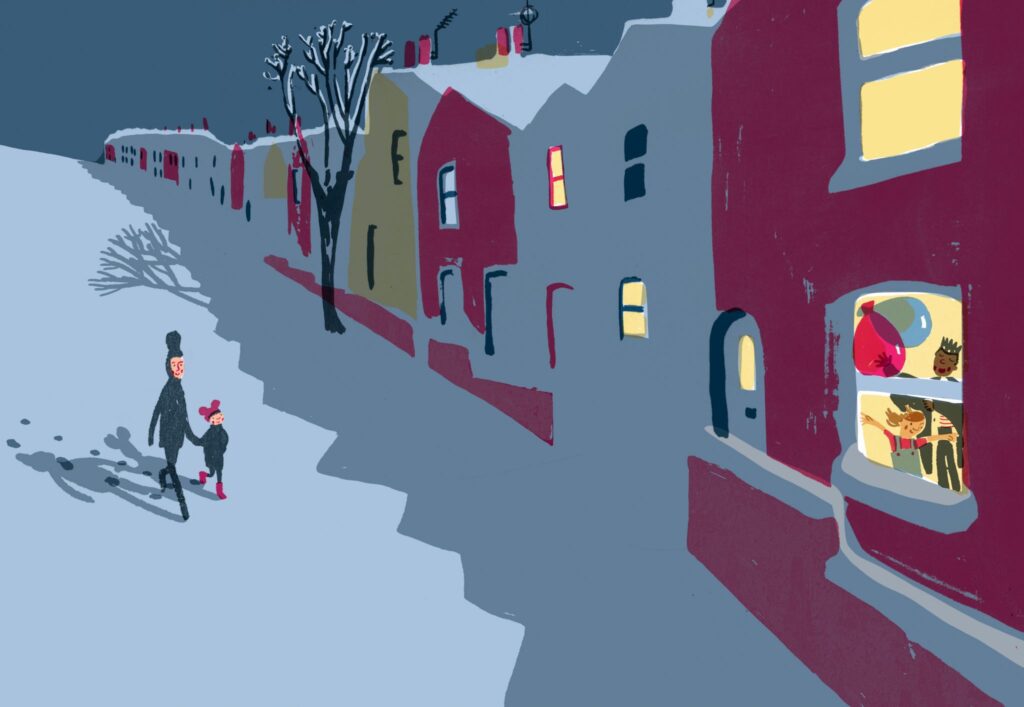

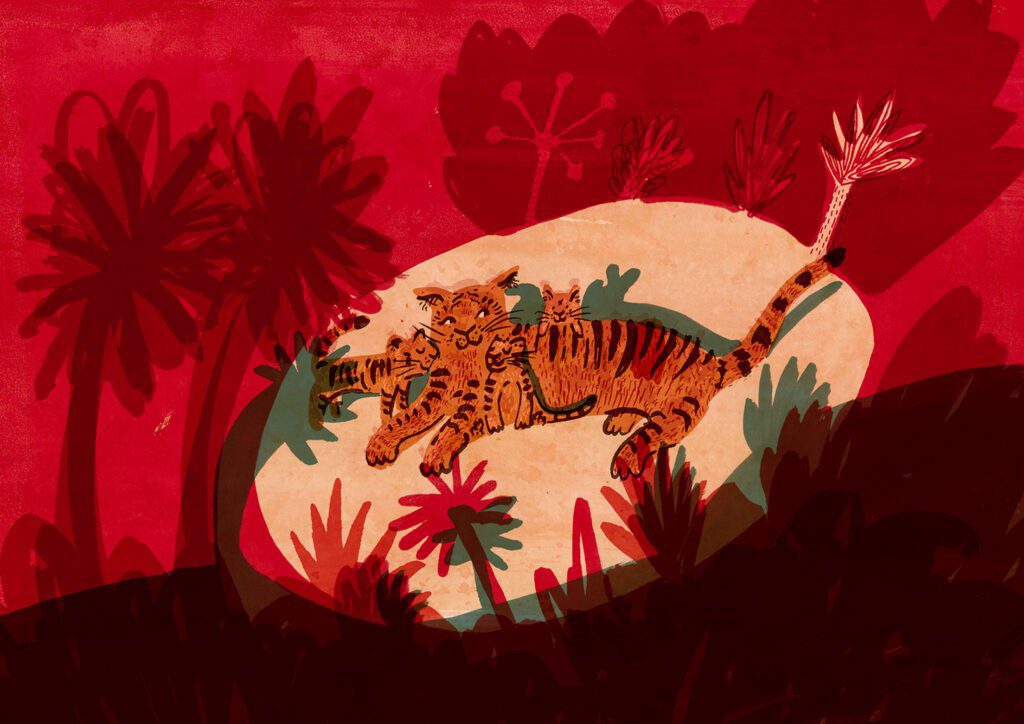
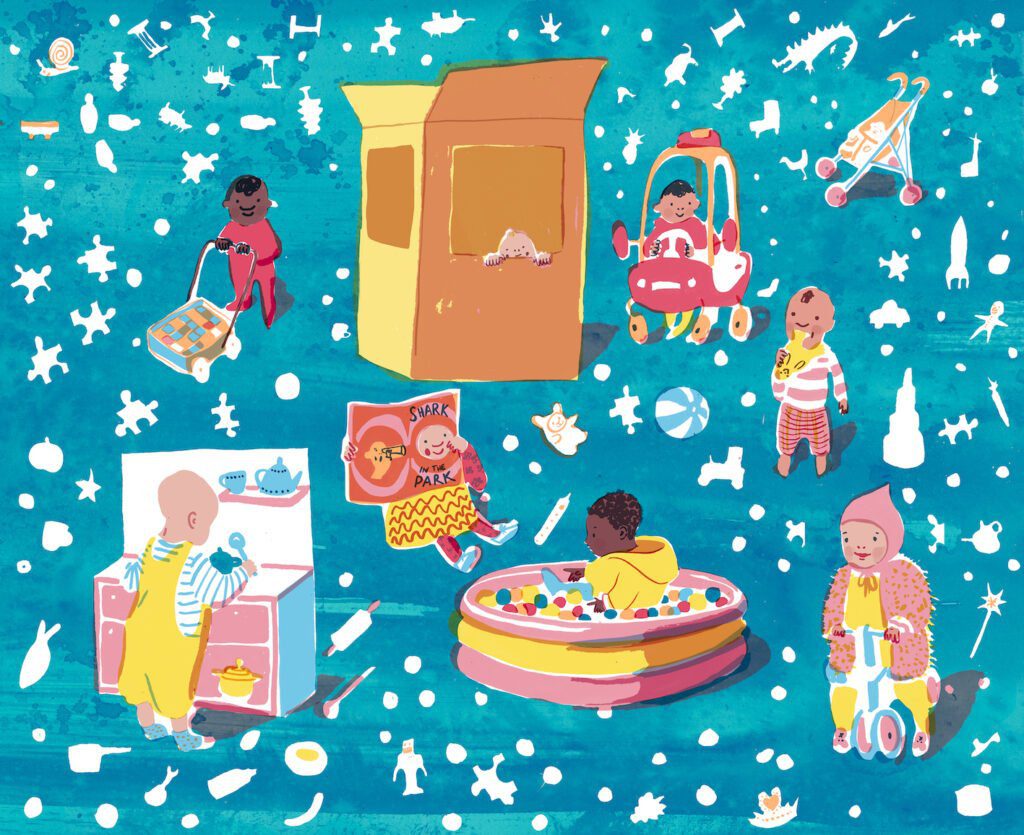
Liked what you read?
Listen to this & other episodes on

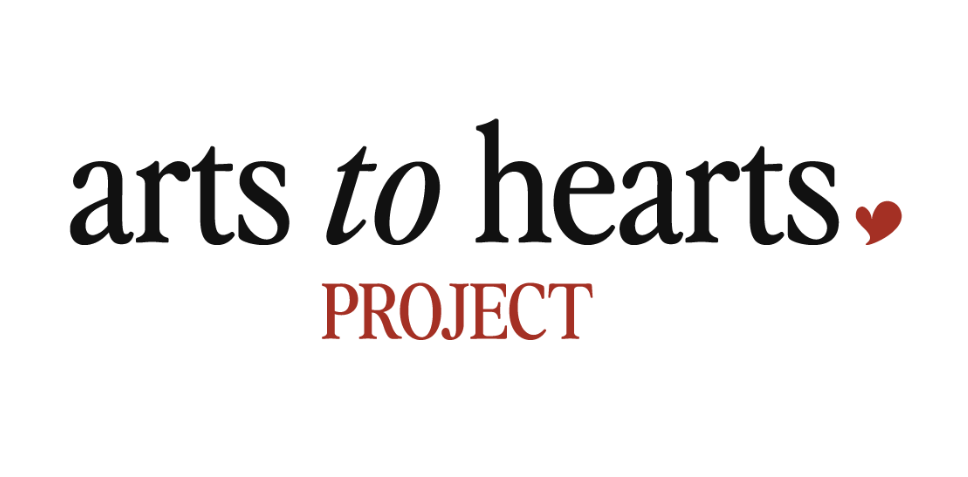
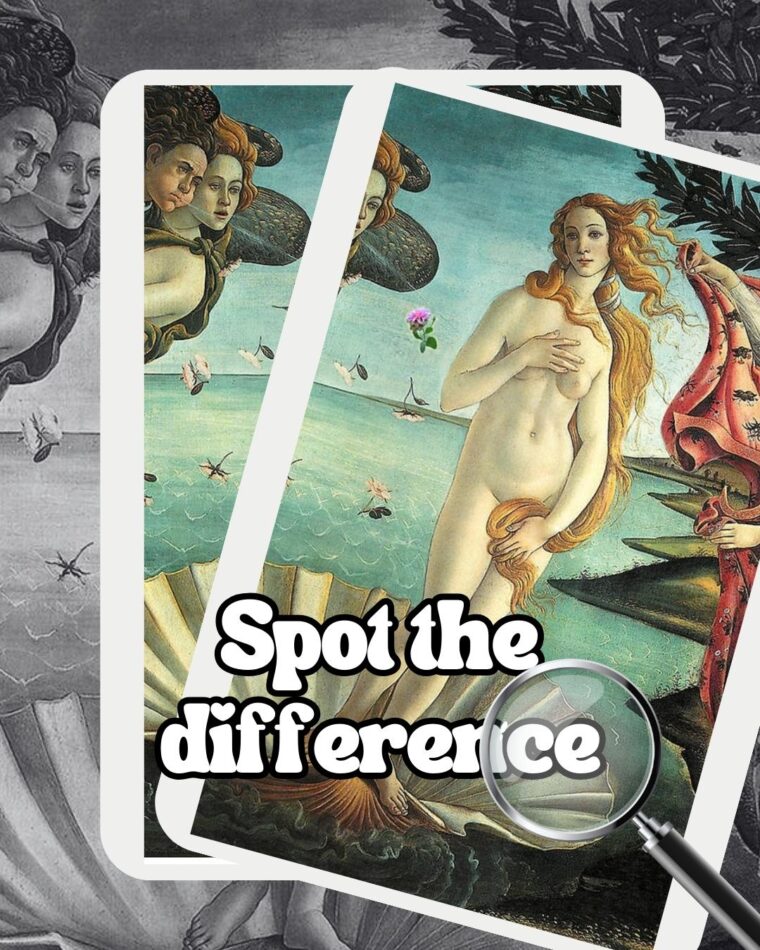
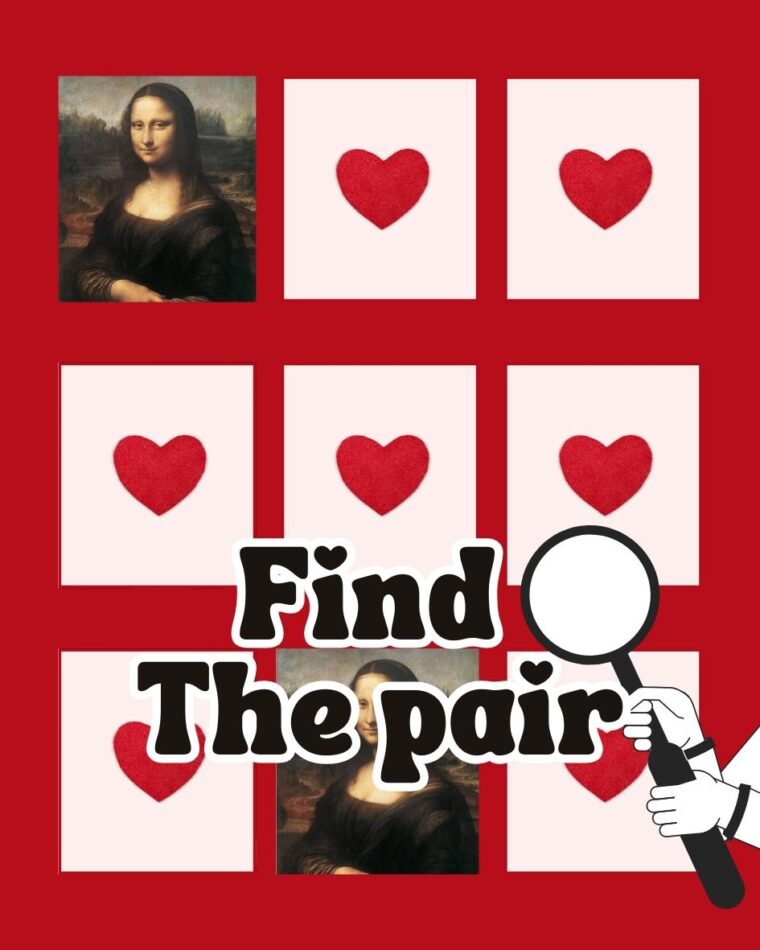
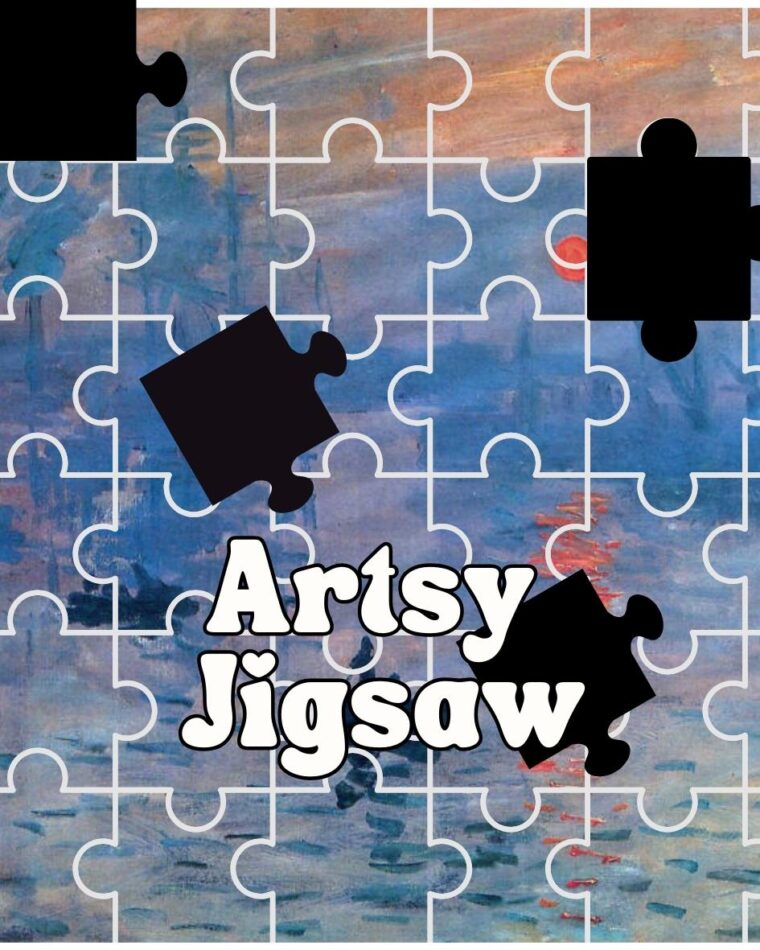
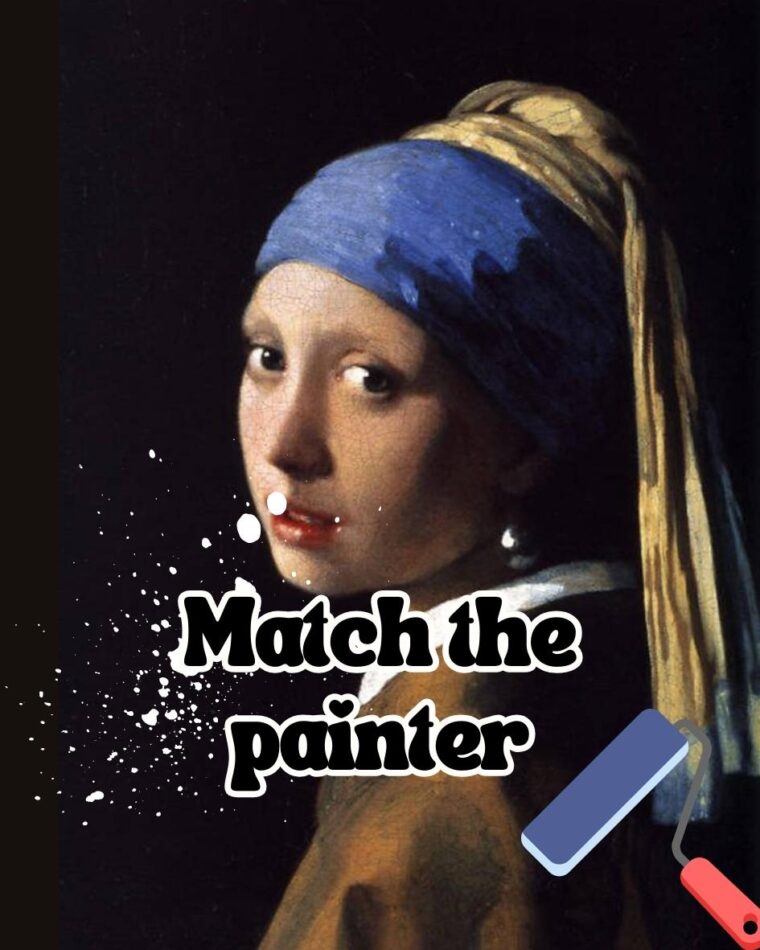


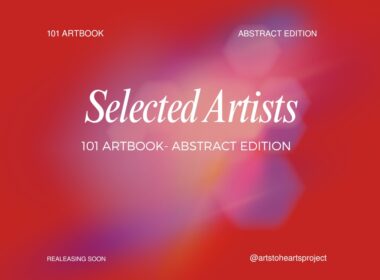

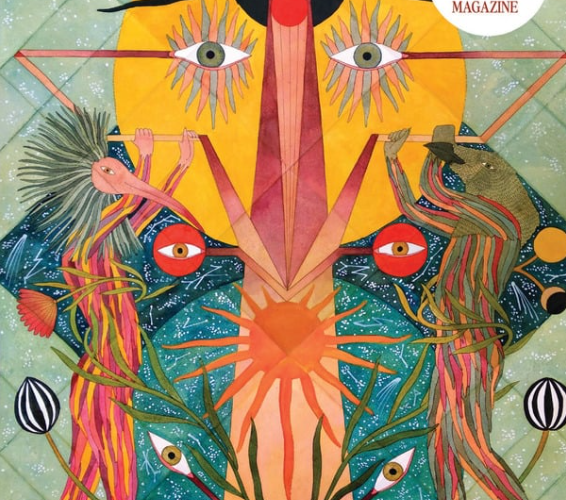
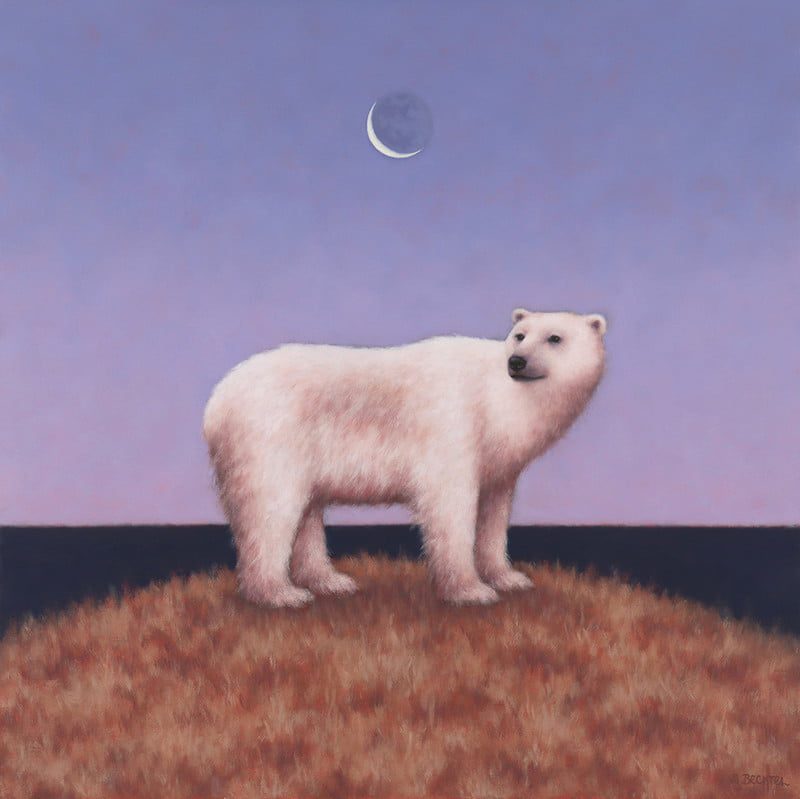
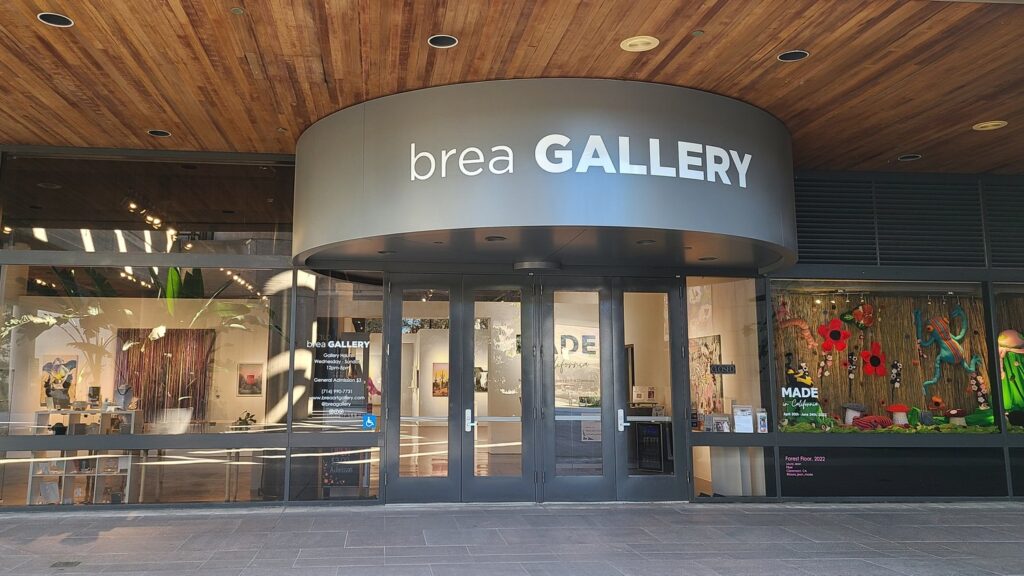
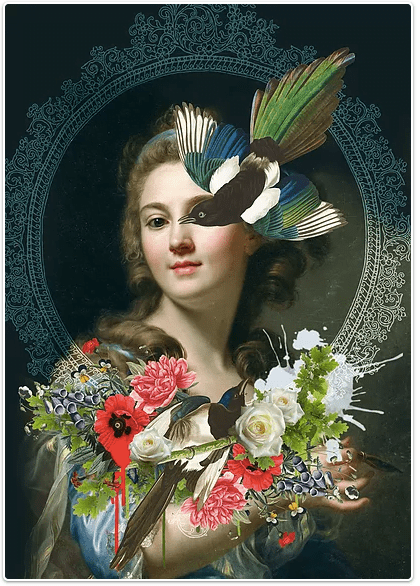

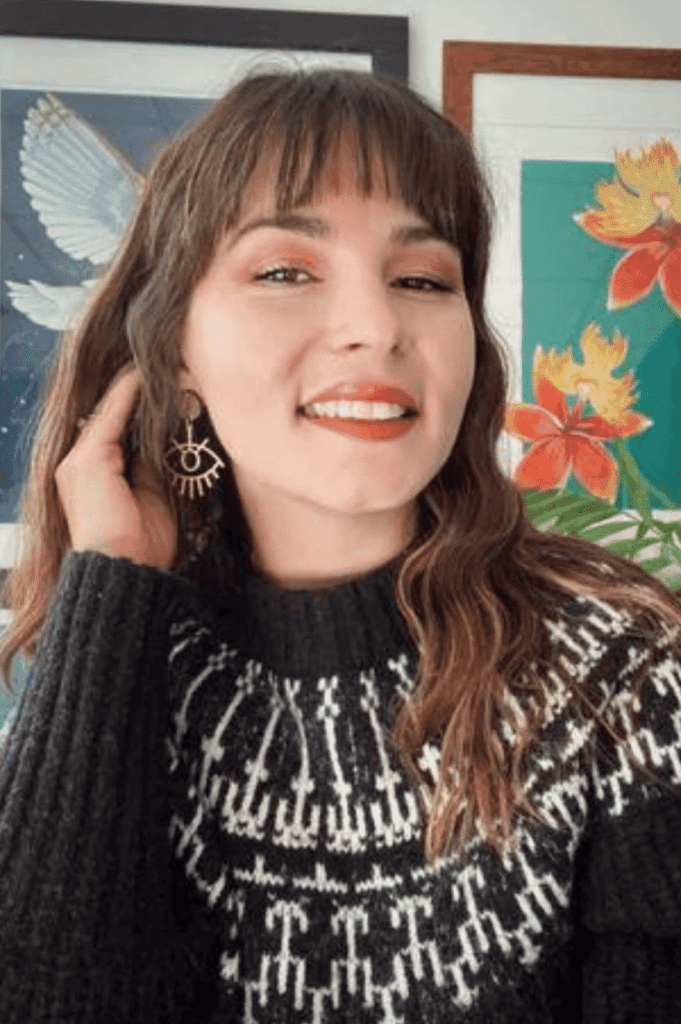
Comments 14